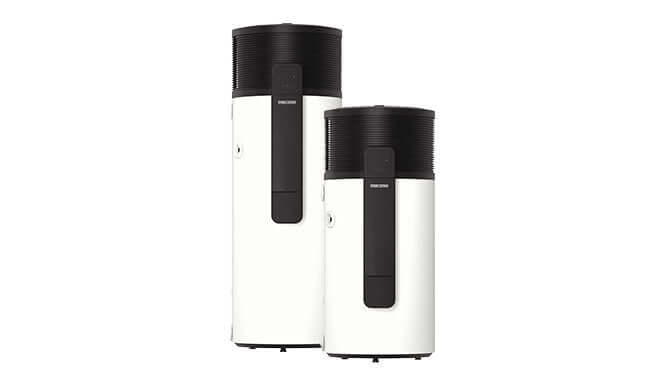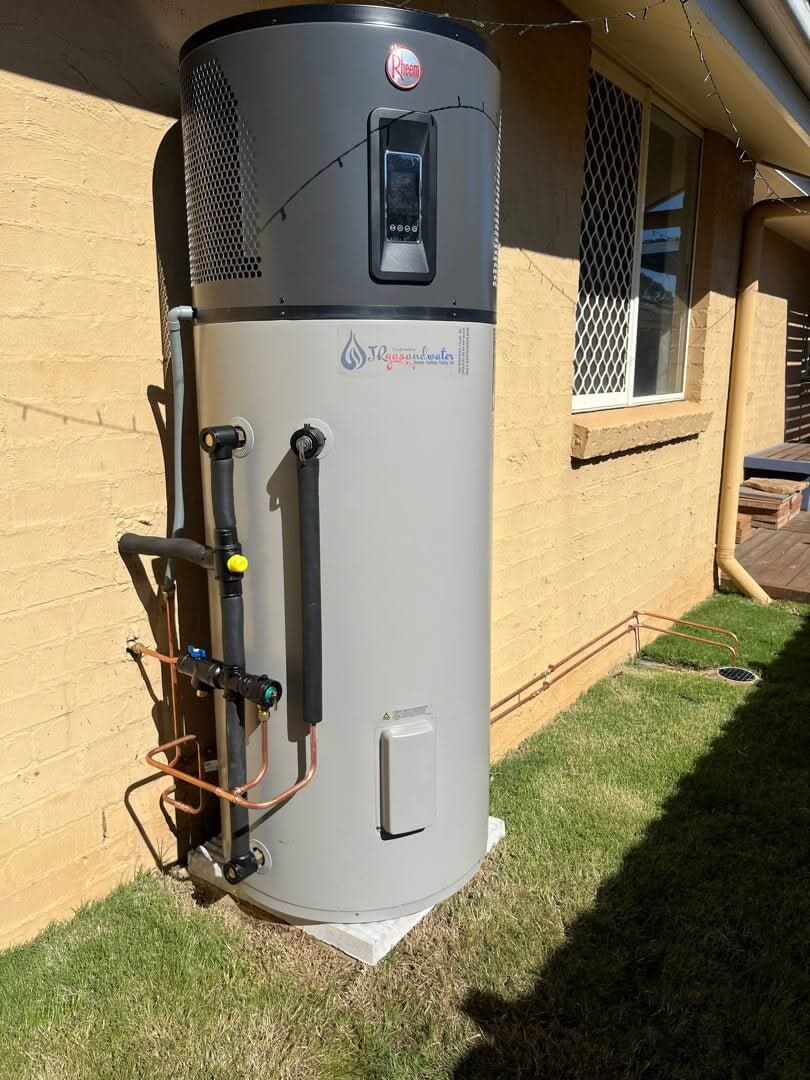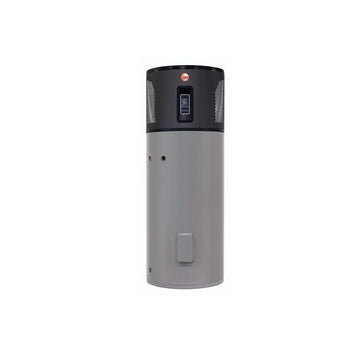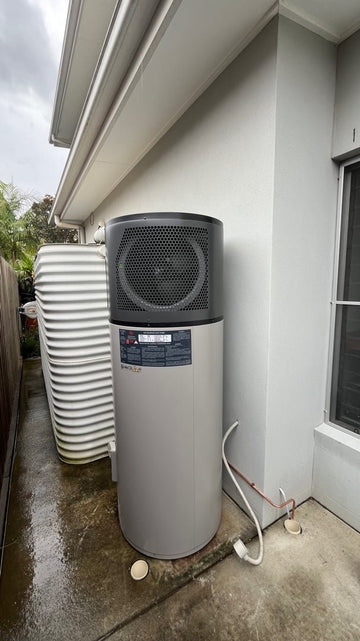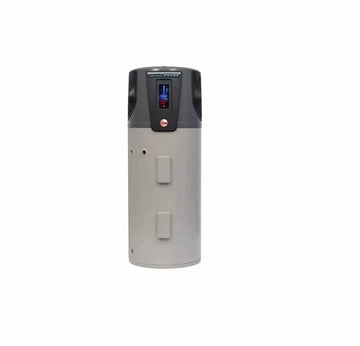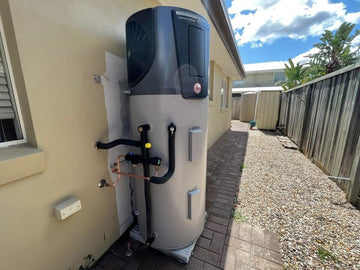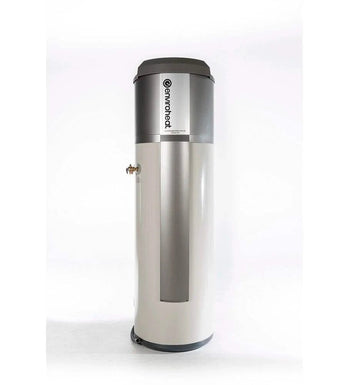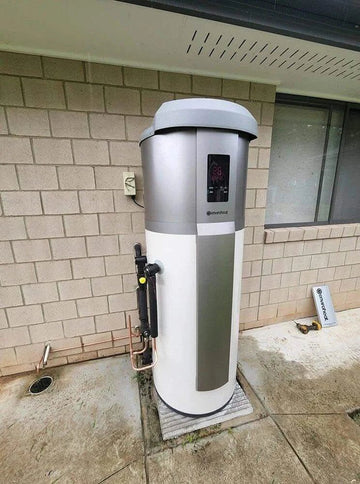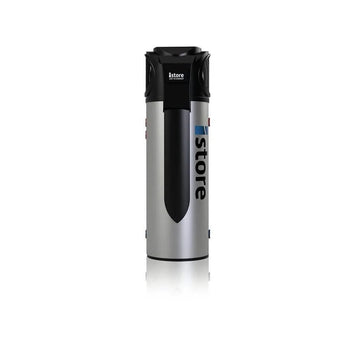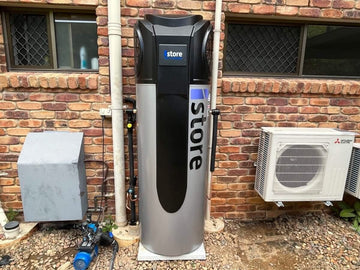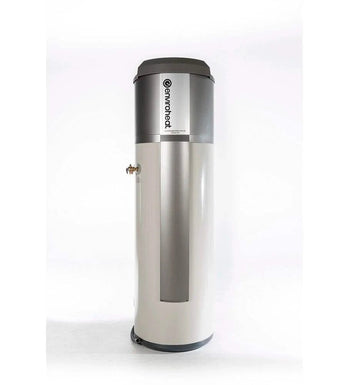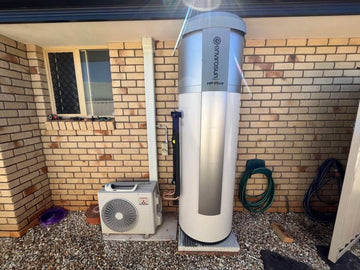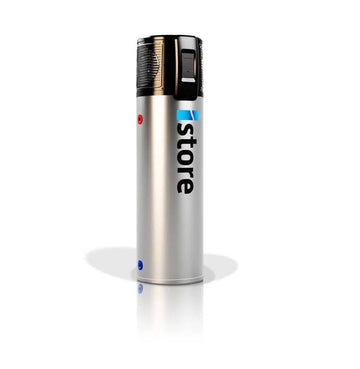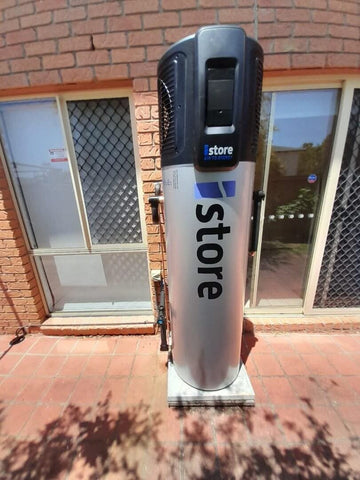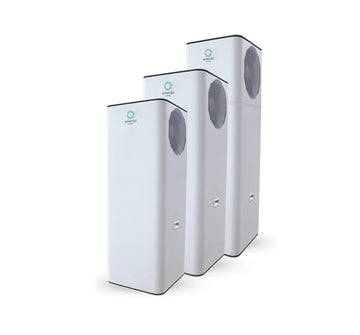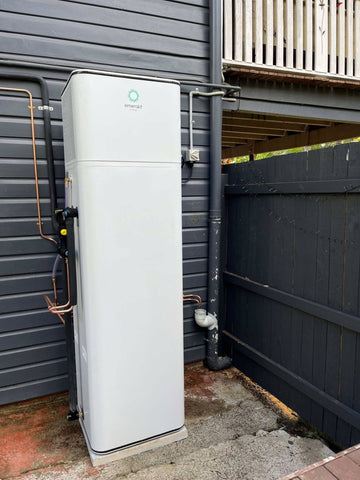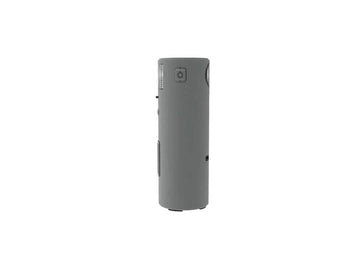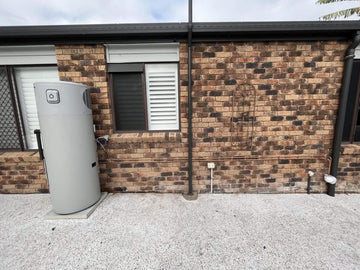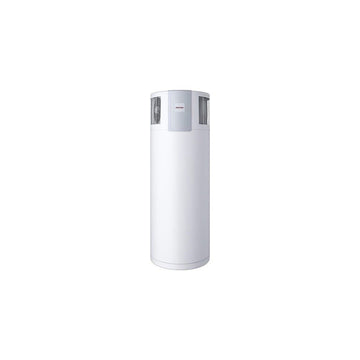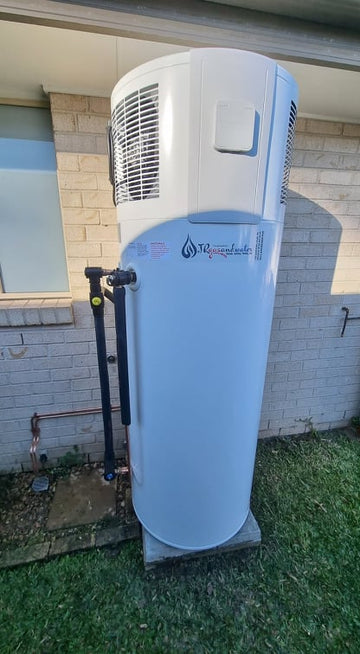Best Heat Pump Hot Water Systems: Save Energy & Reduce Bills
If you’re ready to cut your power bills and make your home more sustainable, heat pump hot water systems are the way to go. Below, we’ve rounded up the top-rated heat pumps in Australia for 2024, plus essential tips to help you pick the right one.
🔥 Top 5 Heat Pump Hot Water Systems
🥇 1️⃣ Rheem Ambiheat Heat Pump
Best for: Homes needing high performance & reliability
✅ Operates down to –5 °C – perfect for cold climates
✅ Whisper-quiet operation
✅ 270 L capacity – ideal for families
🔹 Why Choose Rheem?
Australian-built, proven reliability, and backed by an industry-leading warranty.
🥈 2️⃣ Stiebel Eltron WWK 222/302
Best for: Energy-conscious households & off-grid setups
✅ Ultra-quiet (just 45 dB)
✅ High efficiency in any climate
✅ German-engineered for durability
🔹 Why Choose Stiebel Eltron?
Exceptional build quality with long lifespan and excellent energy savings.
🥉 3️⃣ iStore 270L Heat Pump
Best for: Solar households looking for maximum savings
✅ Uses up to 75% less energy than electric systems
✅ Designed for easy solar PV integration
✅ Rebates available to reduce upfront cost
🔹 Why Choose iStore?
Turns excess solar power into hot water, cutting bills to almost zero.
⭐ 4️⃣ Emerald Planet Heat Pump
Best for: Budget-friendly efficiency
✅ Smart electronic controller
✅ Lightweight & compact design
✅ Great value for money
🔹 Why Choose Emerald?
Affordable, efficient, and reliable – a great all-rounder for most homes.
🌿 5️⃣ Envirosun Heat Pump
Best for: Eco-friendly homes & sustainable living
✅ Eco refrigerant for lower emissions
✅ Fast heat recovery
✅ Built for Australian conditions
🔹 Why Choose Envirosun?
Combines great performance with a strong focus on sustainability.
🛠 How to Choose the Right Heat Pump
1️⃣ Household Size & Hot Water Demand
-
1–2 people: 150–200 L
-
3–4 people: 250–300 L
-
5+ people: 315–400 L
2️⃣ Climate
-
Cold climates: Rheem Ambiheat, Stiebel Eltron
-
Warm climates: iStore, Emerald Planet
3️⃣ Solar Compatibility
-
iStore, Stiebel Eltron, and Envirosun integrate easily with solar PV systems.
4️⃣ Running Costs & Efficiency
-
Look for smart controllers and high COP ratings to maximise savings.
⚡ Heat Pump vs Traditional Hot Water
| Feature | Heat Pump | Electric Storage | Gas Storage |
|---|---|---|---|
| Running Costs | ✅ Low (up to 75% savings) | ❌ High | ⚠ Moderate |
| Eco-Friendly | ✅ Yes | ❌ No | ❌ No |
| Lifespan | 15+ years | 8–12 years | 10–15 years |
| Solar Compatible? | ✅ Yes | ❌ No | ❌ No |
| Best For | Long-term savings | Cheapest upfront cost | Fast recovery rate |
✅ Verdict: Heat pumps are the best choice for reducing bills and emissions long-term.
💲 Government Rebates & Incentives
Switching to a heat pump qualifies for generous rebates:
-
Small-Scale Technology Certificates (STCs): Available Australia-wide.
-
Victorian Solar Homes Program: Rebates for eligible households.
-
State incentives: Vary by location – check your eligibility.
💡 Savings Tip: Combining rebates with solar PV can save up to $1,000+ upfront.
📌 Where to Buy the Best Heat Pump Systems
Get expert advice, sales & installation here:
✅ JR Gas & Water
✅ Installed Today
✨ Final Thoughts
These heat pumps stand out in 2024 for efficiency, reliability, and smart design:
🌟 Rheem Ambiheat – Top pick for all climates & reliability
🌟 Stiebel Eltron – Best for ultra-quiet, high-performance operation
🌟 iStore – Ideal for solar integration & maximum savings
🌟 Emerald Planet – Best budget-friendly option
🌟 Envirosun – Great for sustainable living
✅ Ready to upgrade?
Get a quote today and start saving on your hot water bills while reducing your carbon footprint! 🌱♨️💰


